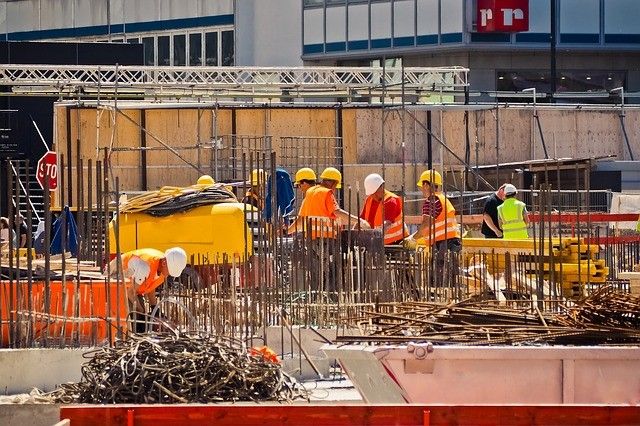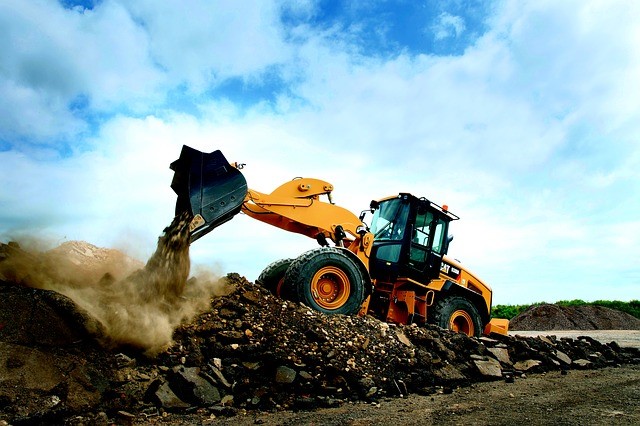
WA miners help contribute towards training the next generation of construction workers.
Western Australia’s mining industry, a huge employer of construction workers in the state, will now help train the next generation of construction talent.
The mining industry’s new contribution to a special training fund was announced in the WA State Budget earlier this month and is expected to raise about $25 million a year to fund apprenticeships and training programs.
WA has long had something called the Building and Construction Industry Training Fund, which is raised by levying 0.2 per cent of construction costs on all residential, commercial and civil engineering projects undertaken in the state where the total value of the work is more than $20,000. The levy is invested in training incentives and support for employers of apprentices and trainees in the building and construction industry.
The resources industry, which is a massive employer of construction workers, has been exempt from the levy since 1995. It’s that exemption which the State Government has reversed, allowing the mining industry to contribute.
Mining’s long contribution to training
Mining has long made a valuable contribution to upskilling the workforce. Nationally, the minerals industry already invests more in training than the all-industries’ average.
In 2011-12, the industry spent $1.15 billion nationally (that was 5.5 per cent of payroll at the time) on training – five times more than relevant government benchmarks.
National Centre for Vocational Education figures from 2013 showed that 80 per cent of Australian mining employees had participated in structured training and 75 per cent of mining operators offer at least one nationally recognised training program.
The industry also already funds a wide range of training programs, including at TAFE and university level, with 65 per cent of mining companies also employing trainees and apprentices.
Mining joins construction and engineering in funding training
The government’s position is that many construction workers employed on resource sector construction projects had been trained by the building and construction sector, which had to pay the levy. Indeed, many of the well-paid mining jobs of the last boom were, in fact, in construction rather than mining operations. The initiative would allow all sectors to contribute equitably to the cost of training the state's construction workforce.
Education and Training Minister Sue Ellery said t he removal of the exemption was part of the government’s plan to strengthen the state’s training system and increase training opportunities.
FURTHER READING: Mining will still lead WA’s economy post-boom: study
“It recognises the importance of apprenticeships and traineeships in helping Western Australians gain the skills they need to secure jobs in the future,” Ms Ellery said.
“The removal of the exemption… will help support training at a critical time as the economy improves. Creating additional training opportunities for Western Australians is key to ensuring we are well placed as the state’s economy grows and diversifies.”

WA Budget surprises for mining industry
There were a few other surprises for WA’s miners in the State Budget, with the Treasurer announcing a total of nearly $65 million worth of increased fees and charges on the industry:
- Rents on mining tenements are to increase 6% a year for two years, to pay for the $10 million a year Exploration Incentive Scheme
- Exploration licence fees will increase by 1.5%
- A 5% increase in the mine safety levy. The levy was raised 33% just last year.
FURTHER READING: Mining states on the rise and more jobs on the way
In 2016-17 the Building and Construction Industry Training Fund supported 5,903 apprentices to the tune of $17 million. Those funds go to employers to ease the cost of training their apprentices and trainees, at $19,000 per eligible participant. In the same year, the fund also subsidised skills training for 8,535 people and occupational health and safety training for 8,843 people.
If you’re a graduate or student interested in apprenticeships or traineeships, or you’re looking for an entry-level mining job, find out more about our early career services .